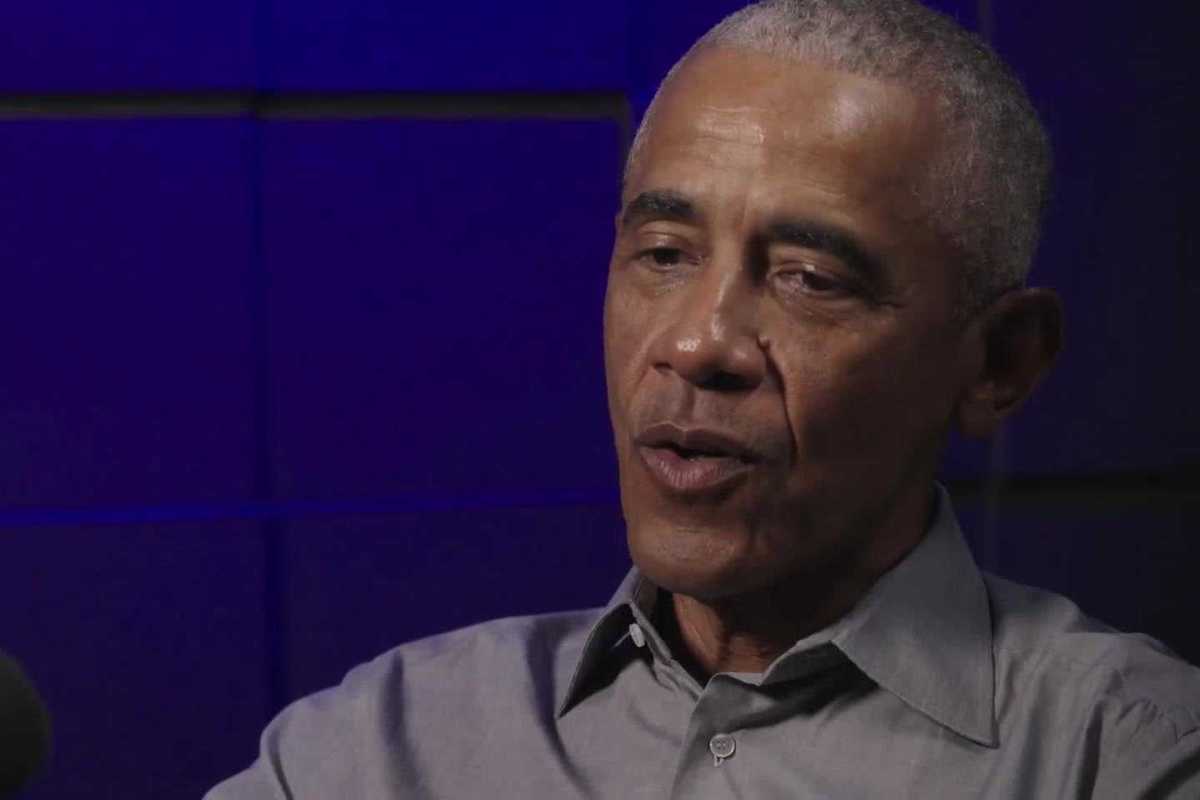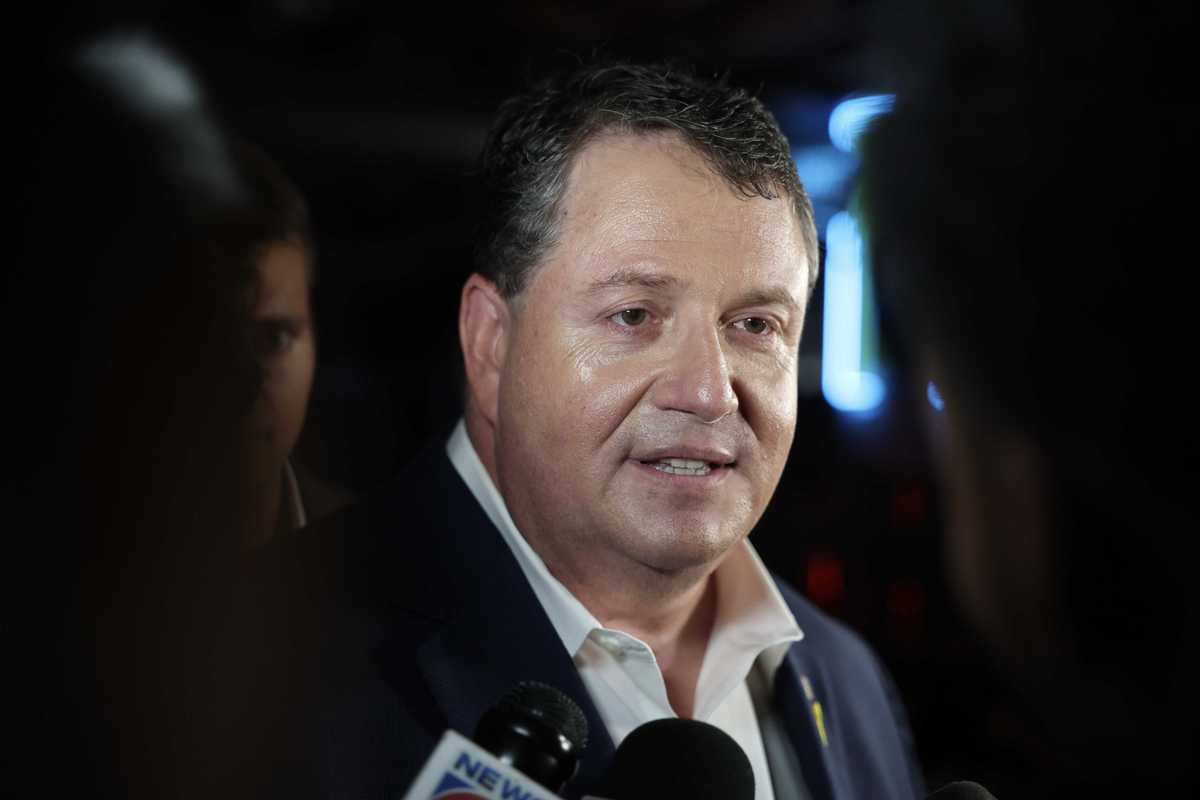Science & Tech
Albina Kovalyova
Oct 08, 2015
Galina Timchenko recalls how proud she felt when the Russian news website she edited reached three million users a day. When she reported the figures to the website's owner, he was horrified.
"I understood that this is the end, because there cannot be such an influential resource that is not controlled by the Kremlin," Ms Timchenko said.
A month later, she was fired and a more Kremlin-friendly editor was brought in to run the website, Lenta.ru.
The shakeup at Lenta.ru last year came as the government was pushing through a slew of new laws to strengthen its control over the internet, which Vladimir Putin has described as a "CIA project".
For years, it had been the televised image of Russia that counted for the Kremlin. Independent TV stations were taken under control or pushed off the air, but cyberspace was left alone. Then came the Ukraine crisis of early 2014.
When Ms Timchenko was fired in March 2014, most of her staff walked out with her, and some have joined her at Meduza, based in Latvia to circumvent Russian laws.
An information war may be on, but the nature of the internet makes it nearly impossible to impose a complete ban, said Andrei Soldatov, an expert on the internet and the Russian security services.
More: How Russia is using propaganda to promote its war in Syria
Top 100
The Conversation (0)













